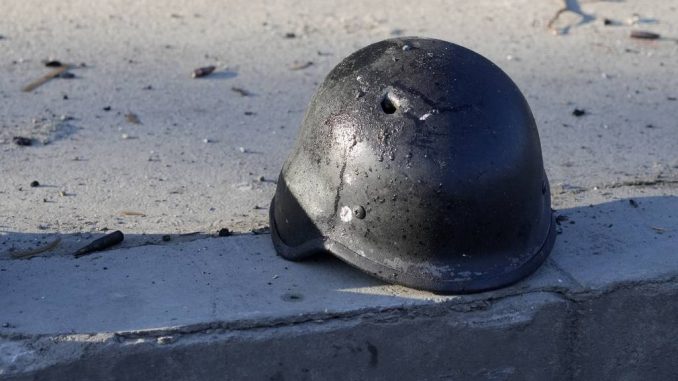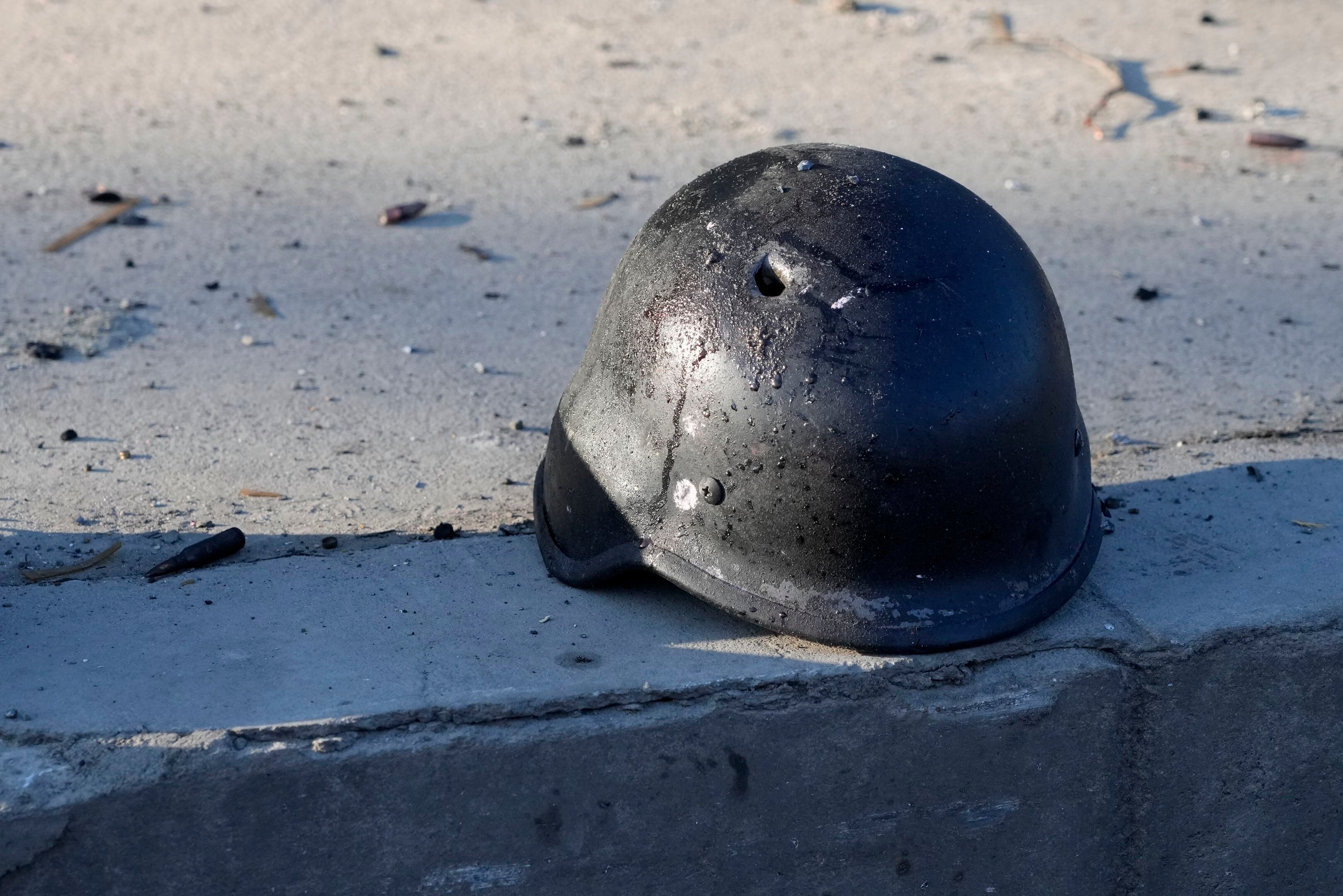

It’s been 27 days since President Vladimir Putin launched the Russian invasion into neighboring Ukraine, with journalists and citizens alike taking to social media to share up-to-the-minute accounts of war on the ground across the country.
Some videos that have circulated on places like Twitter and Facebook include Russian troops taken as prisoners of war by Ukrainian forces, explaining that they didn’t know what they were doing and they are ashamed of the role they’ve played in this conflict.
In fact, Ukraine’s top law enforcement agency, the Security Service of Ukraine, shared a compilation of videos of captured Russian soldiers to its Facebook page, one of which in particular showed soldiers explaining that they had not been briefed that they were going into battle but rather performing a training exercise.
“The Security Service of Ukraine (SBU), the main security arm of the Ukrainian government, has a Telegram account with about 868,000 subscribers where it has posted videos of captured Russian soldiers who appear under duress or are revealing their names, identification numbers, and other personal information, including their parents’ names and home addresses,” Human Rights Watch noted.
Across multiple platforms, the SBU has nearly a million followers, according to the nonprofit. In addition, Ukraine’s Internal Affairs Ministry has a Telegram channel with more than 800,000 followers to which it shares similar content.
The types of being shared media seem to confirm what much of the world believes about the conflict as the international community largely condemns Russia and rallies around Ukraine. But there is no way to independently verify that the Russian troops filmed are not under duress or saying what they feel they need to in order to survive.
Showing videos of POWs, regardless of the content or under what conditions it is obtained, is a violation of international law, experts say.
“Articles 13 and 14 of the third Geneva Convention protect POWs from insult and from becoming the object of public curiosity,” Leila Sadat, special adviser on crimes against humanity to the International Criminal Court, told Military Times.
“The idea is that the soldiers fighting for their state are really pawns in someone else’s chess game,” Sadat added. “They are neither the instigators of the war nor responsible for carrying out their mission other than for any kind of intentional crime they commit themselves.”
The articles of the Geneva Convention that cover the rights of POWs require governments to protect them from “insults and public curiosity.”
“Likewise, prisoners of war must at all times be protected, particularly against acts of violence or intimidation and against insults and public curiosity,” the document reads.
Social media did not exist when the third Geneva Convention was ratified in 1949, but its articles were designed to encompass future conflicts, according to Julia Grignon, associate professor of law at Laval University and a co-director of the clinic of international criminal and humanitarian law.
“They can adapt to the evolution of contemporary conflicts, because the way the provision is drafted is broad,” Grignon told Military Times. “We could interpret the provision in a sense to cover new behaviors during armed conflicts. So today, the fact that public curiosity is Twitter, YouTube, Facebook, whatever the platform is, this is forbidden, there is no exception.”
But it’s not just on Ukrainian official media accounts to avoid sharing these videos.
“Social media platforms should also clarify whether and how videos of POWs that are incompatible with the Geneva Conventions fall under their existing policies and, if necessary, develop new policies to identify and suppress the spread of such content,” Human Rights Watch said in a release.
Journalists and media organizations too must be careful to vet open-source videos, photos and other types of media. According to Sadat, these accounts are worth discussing and referencing but should not be shared directly.
“Media organizations should not distribute, in my view, the videos; they can speak of them but should not ‘play’ them as that is making matters worse,” Sadat said.
Grignon echoed that, adding also that it is imperative for the Ukrainian government to ensure that its troops are educated on the rights of prisoners enumerated by the Geneva Convention and practice them, including shielding them from the media.
“It should be Ukrainian soldiers that respect the Convention,” she said. “They shouldn’t give access to journalists, for example. The way to respect the Convention is that journalists shouldn’t have access to the prisoners of war.”
Sarah Sicard is a Senior Editor with Military Times. She previously served as the Digital Editor of Military Times and the Army Times Editor. Other work can be found at National Defense Magazine, Task & Purpose, and Defense News.


Be the first to comment